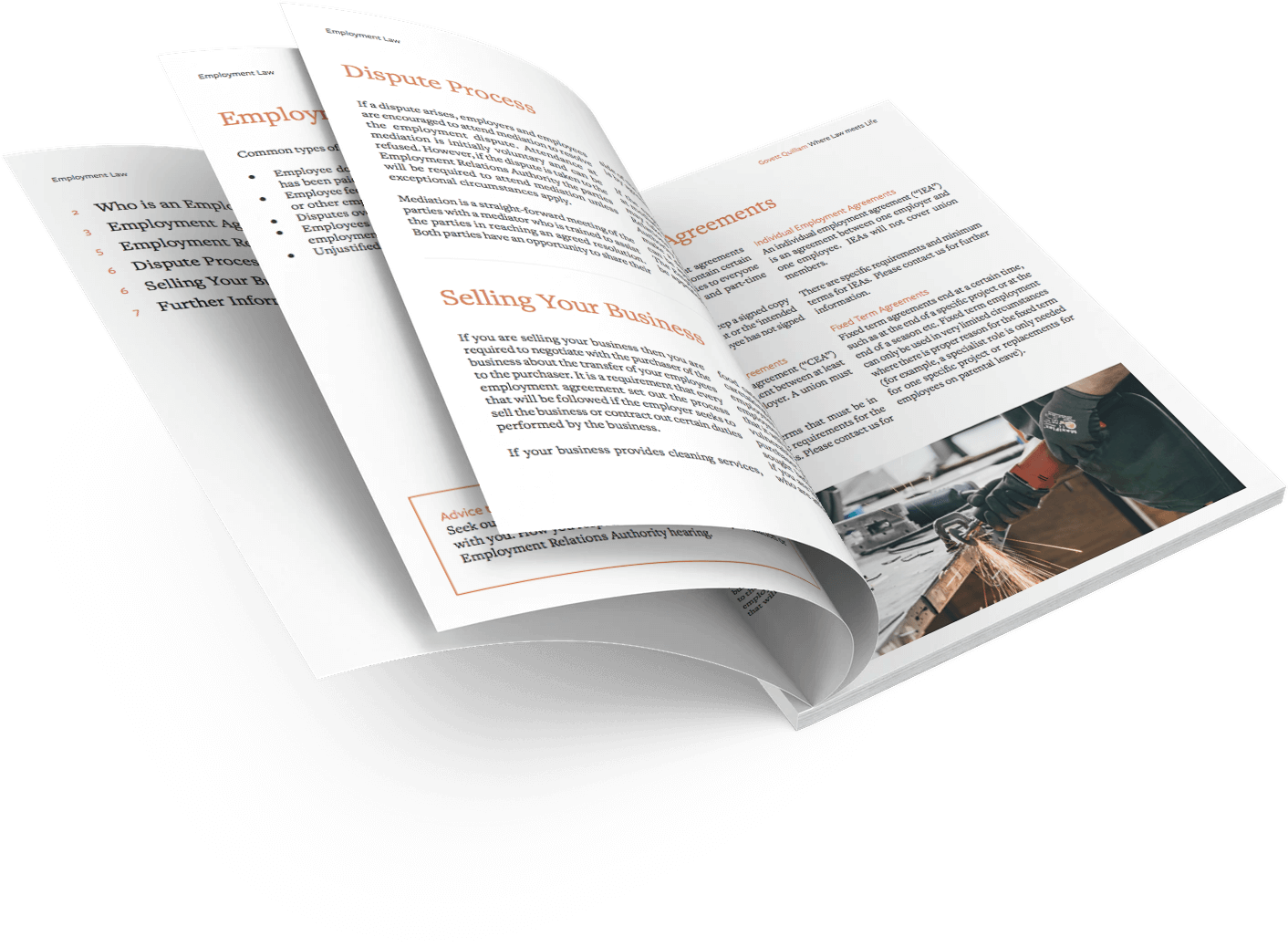In the digital age we live in, smartphones and other devices are always within reach, capable of capturing and uploading content at any given moment. But what does this mean for our privacy?
Generally, recording a conversation, or taking and uploading pictures you are privy to is not necessarily illegal, but it does raise questions of where we draw the line and what are the risks involved?
A recent example of an unconsented recording falling short of the line, was the Olympic drone scandal where the Canadian Women’s Football team spied on the New Zealand Women’s Football team training sessions on a couple of occasions using a drone. The fallout saw the Canadian team deducted points, their coach suspended and the associations reputation damaged.
Despite the controversy, secret recordings are nothing new, with many people having experienced secret or unwanted recordings, even in their place of work.
When difficult conversations need to be had or you find yourself in uncomfortable situations, it can be tempting to make a secret recording to protect yourself with an accurate record of who said what. While it is generally considered that recording a conversation you are party to is not an illegal act, issues may still arise.
The best advice to employers and employees is to approach recordings with caution and transparency, acting in good faith towards one another. Not doing so could result in recordings being excluded from court.
The recent case of Downer v LM Architecture Builders Ltd in the Employment Relations Authority (Authority) considered this very issue. Ms Downer put forward two secret recordings as evidence in an employment dispute. Her former employer asked the Authority to exclude their conversations as evidence based on, a conversation between Ms Downer and her managing director, being a without prejudice conversation, and a conversation between her managing director and a third party being illegally and improperly obtained.
Recording One- Without Prejudice
In brief, without prejudice refers to marking or disclaiming communication as off the record, or confidential, unable to be used in subsequent court proceedings.
However, communication is not without prejudice just because you state it is. Regardless, of whether the communication is labelled without privilege, it must meet the relevant criteria under common law being “there must be a dispute between the parties in existence; the communication was intended to be private; and the communication was made in an attempt to settle the dispute”.
Whle the employer in this case, claimed that this conversation between Ms Downer and the managing director was without prejudice, the Authority found that the conversation did not meet the criteria of without prejudice communication, as there was “no dispute of the type required to attract the without prejudice privilege”. As such, recording one was admissible as evidence.
Recording Two
The employer in this case argued that as Ms Downer was not party to the conversation, nor was permission given, the recording was illegally and improperly obtained. While the Authority member agreed that the recording was improperly obtained, “the Authority is not bound by the Evidence Act but its powers in respect of evidence is set out in s 160(2) of the Act [Employment Relations Act 2000] – this provides that the Authority may take into account such evidence that in equity and good conscience it thinks fit, whether strictly legal or not”.
As such, the Authority member considered the investigatory obligation against the rules of natural justice, the promotion of good faith, and the principles of equity and good conscience, in order to determine whether recording two should be allowed as evidence. With the Authority member highlighting that “allowing improperly obtained evidence to be admitted as evidence does not promote good faith behaviour in the workplace”.
It was considered that the evidential value of the recording for the employment dispute did not favour admissibility, nor did the significant prejudicial impact, and as such recording two was deemed inadmissible.
The importance of good faith
Various considerations are at play when determining the admissibility of secret recordings can have various considerations, however, the fundamental principle of good faith remains paramount. Good faith requires, among other things, that parties do not do anything that will, or is likely to mislead or deceive each other.
This case highlighted that the Authority, while not bound to hold a recording as strictly legal, will consider good faith, with the Authority member going so far as to say that “The Authority should not encourage this behaviour”.
Both employers and employees should approach the use of recordings, with caution and transparency. It is important to consider the implications of recording conversations without consent, both inside and outside the context of evidence admissibility with the Authority.
For independent advice and how it may impact your organisation, please contact our Employment Law Specialists.







.png)

